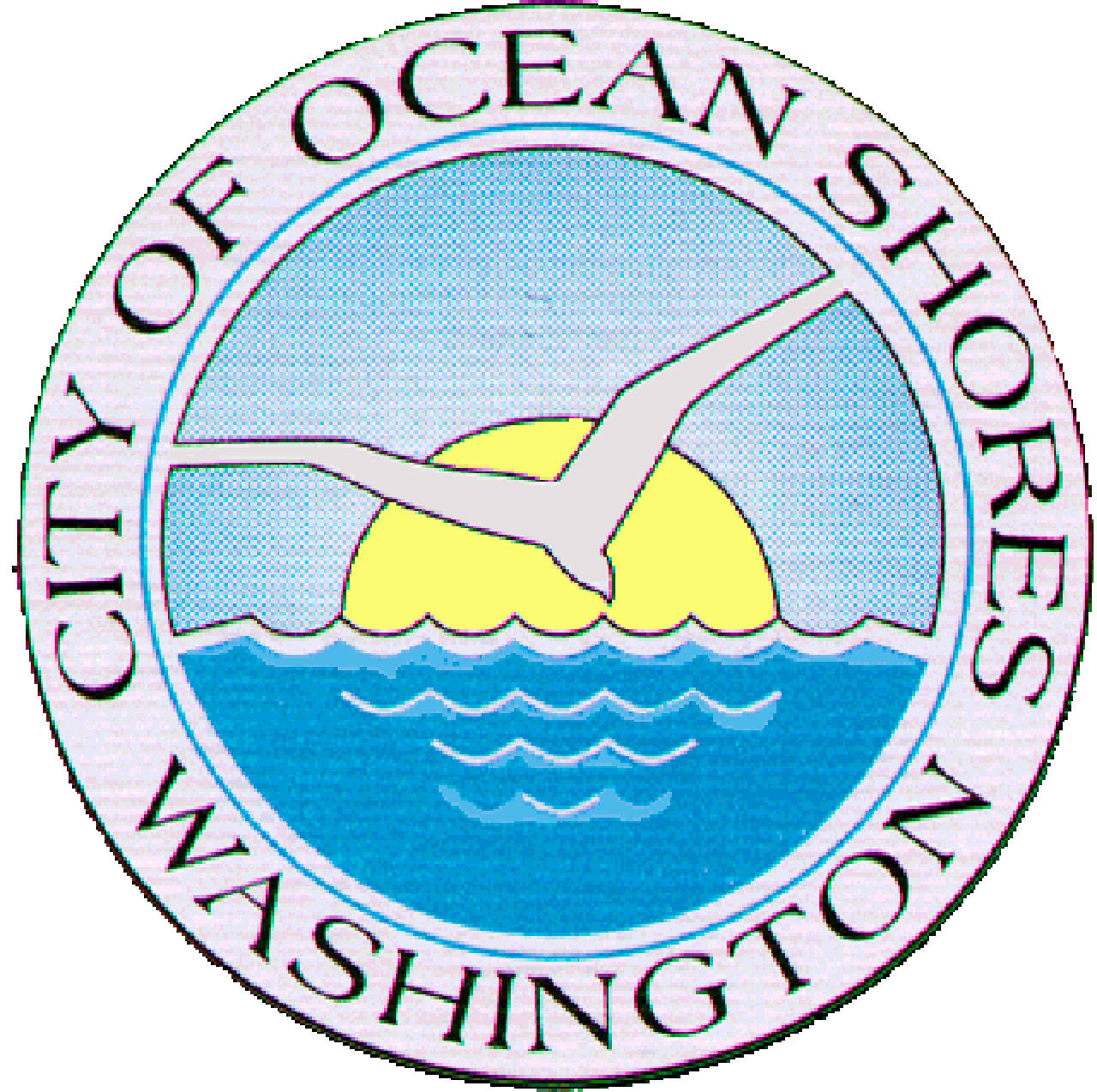A proposal to allow short-term vacation rentals in residential Ocean Shores neighborhoods near the ocean was formally presented by the Planning Commission to the City Council Monday night.
Although no action was taken, there was wide-ranging comment pro and con on a subject that has been controversial for years.
Proponents contend increasing vacation rental opportunities will bring people to town and enhance economic opportunities and build in an incentive for rental owners to maintain properties.
“Weekend rentals have to be the best-kept homes in the neighborhood,” said Thorn Ward of John L. Scott real estate and a longtime resident who also maintains two vacation rentals.
On the other hand, opponents contend it would result in problems with unruly renters, parking and traffic in neighborhoods. They question the need for more vacation rentals and the economic impact it would have on the city. They wonder how it would be licensed, regulated and enforced by a city staff already struggling to keep up with code violations.
Short-term rentals are now only allowed in an area largely confined to the downtown area and around Damon Point and the Marina, in B-1 retail/commercial and B-2 general commercial zones.
“I am absolutely opposed to what is being proposed,” said longtime resident Lillian Broadbent, noting previous proposals on short-term rentals were rejected by votes from citizens. “It really is a people’s issue and it should be up to the people,” she said.
The new “overlay zone provision” proposed by the Planning Commission would apply to all properties west of Ocean Shores Boulevard, and all properties south of Marine View Drive to Damon Point.
Short-term would mean less than 30 consecutive days.
Three Planning Commission members presented the proposal, with Greg Cox noting the proposal generally applies to about 10 percent of the lots in Ocean Shores.
Among other requirements, short-term vacation rental permit and occupancy tax registration are required for each short-term rental unit. The application must detail number of rooms and people the property will accommodate, the name of a local property manager and phone number of a local contact person. It also must include plans for parking and trash management, proof of a city business license, and a copy of the proposed rental agreement.
“Are there issues with lifestyles on overnight rentals? Yes, but there are ways to control those,” said Jim Donahoe of Windermere Real Estate in Ocean Shores, whose family moved to the area in 1962.
Donahoe said he first proposed expanding short-term rentals to the city two years ago. “If somebody has a better alternative revenue stream for the city, please stand up,” Donahoe said. “It’s been two years, where is that alternative?”
An opponent of the proposal, Marlene Penry, disputed the premise that there were “hundreds of illegal overnight rentals so we are losing tax revenue.” Penry also disputed a contention that real estate sales were being lost because of the policy that prevents overnight rentals in residential zones.
“I have talked to people who say they wouldn’t have bought their house here if people could do it,” Penry said.
Planning Commission member Dan Bricker said he was against the proposal at the beginning but became convinced it was best for Ocean Shores: “I think it’s probably a pretty good thing to have Ocean Shores do on a limited basis.”
Council members appeared to want more details, such as the number of houses and properties that would be affected in the area, how many short-term rentals now exist legally in the city, and what the potential economic benefits would be, something the Planning Commission did not quantify. “The biggest argument about why we would do it would be economic feasibility,” said Council member Jon Martin. “I just don’t see a reason why we would do short-term rentals if there wasn’t an economic reason to do it.”



